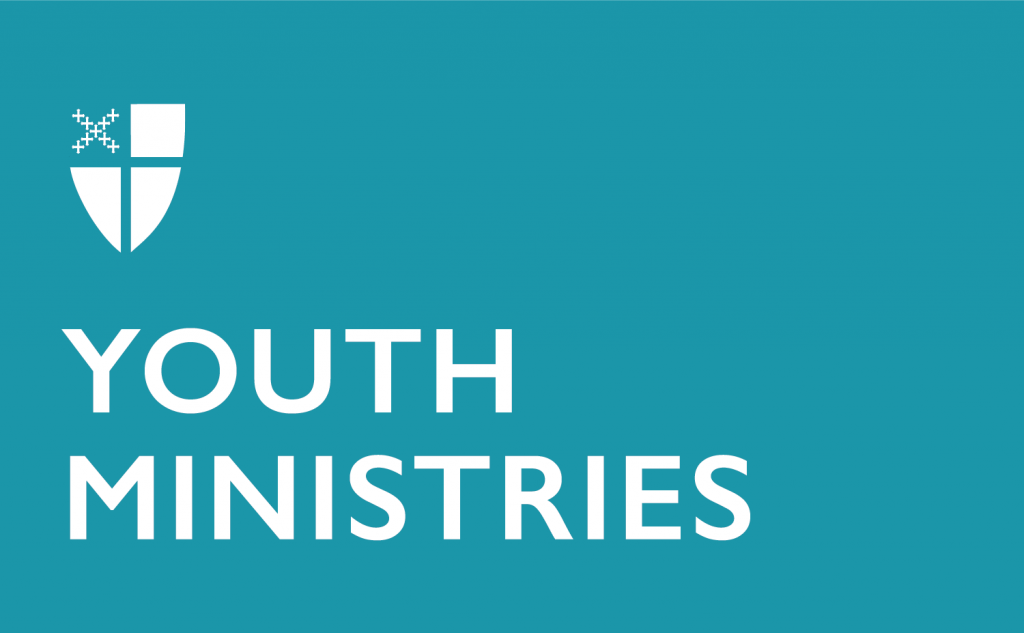Continuing the Lesson: Civil Rights Sunday, September 15
Today I am pleased to welcome Rob Johnson as guest blogger. Rob is a longtime friend, fellow youth minister, and advocate for social change. Rob teaches Religion and Project Adventure at Breck School, an Episcopal, coeducational, college prep school in Minneapolis. He also serves as the Sunday Morning Youth Coordinator at Trinity Episcopal Church, Excelsior.
——————————–
Faith Communities Are Essential to Continuing the Work of Justice
Have you seen the movie Four Little Girls? It’s the story of the four young members of 16th Street Baptist Church, Birmingham in 1963 who were killed when their church was bombed. The documentary chronicles the civil rights demonstrations occurring before and after the young girls’ murder in the church. The people involved in the demonstrations took up the unenviable task of trying to end the entrenched system of discrimination and segregation in Birmingham 50 years ago.
The Civil Rights Movement has become one of the most defining eras for our country. The energy and power of the Movement has been an example for “peoples’ movements” around the world. It is also an example of the power of religious congregations, as many faith communities mobilized to do the work of standing up to segregation.
But of course, not all religious communities initially got involved in the resistance. Many Christian churches famously did not get involved until quite late. Dr. Martin Luther King’s Letter From a Birmingham Jail was a response to an open letter from eight clergymen who argued the demonstrations shouldn’t happen – “unwise and untimely” was how they described the civil rights work.
It might seem unfair to judge actions with the hindsight of history. However, if anyone has the responsibility – the duty – of responding when others fail, it is faith communities, specifically the Christian church.
Faith communities need to be pushing the work of fighting and ending injustices in our country, and indeed the world. Christians need to educate themselves and their young people on where injustices like misogyny, genocide, human trafficking, racism, and so many others, continue to exist. And with that education, they need to be taking action.
50 years later, on the anniversary of the Birmingham bombing, faith communities across the Episcopal Church will be involved in Civil Rights Sunday. Most sources agree that September 15, 1963 was a Youth Sunday at 16th Street Baptist Church and that the lesson was “A Love that Forgives,” based on Matthew 5:43-44 (though some sources say it was Luke 23:34).
This Sunday, faith communities are asked to set aside the lectionary to continue the lesson, “A Love that Forgives,” that was so brutally interrupted.
I encourage you to use creativity to consider the ways in which you can incorporate this lesson into your Sunday curriculum. Ask yourself:
- What in this reading speaks to you about how we are called to be as Christians? Consider using Gospel Based Discipleship as a way to discern the ways you individually and communally are called into this ministry.
- How have your youth experienced racism, sexism, or classism in their schools or neighborhoods? How can you inspire them to respond the next time they encounter injustice?
- What is relevant locally and how can your faith community make a difference? Consider as a starting point what action your church is already taking. How can you build from there?
Here are some resources that might be useful:
- Civil Rights Timeline
- The History Channel offers several outstanding videos on the bombing and Civil Rights movement during the 1960′s.
- The Birmingham Civil Rights Institute offers resources to support education on civil and human rights.

